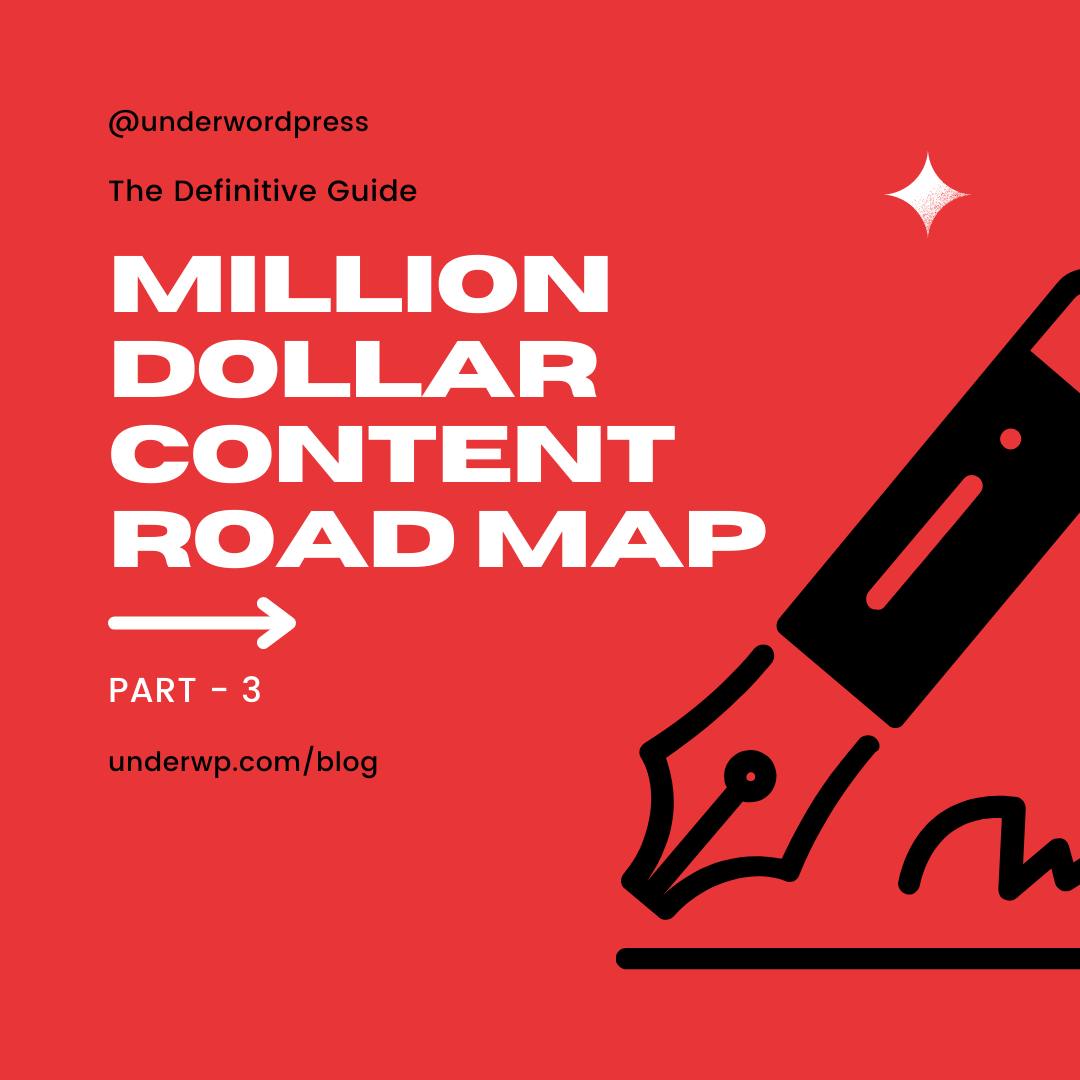Google released 4 major updates in 2021. In the coming year of 2022, it is expected to release some of the major updates based on the Google MUM update.
These updates are not going to stop as Google keeps evolving itself. But Google evolves itself among a few core points. One of them is the Google E-A-T factor. Learn more about this important Google ranking factor in this post in detail.
Google's Not-So-Secret Hidden Agenda: What It's Been Telling Us All Along
For decades, SEO practices were heavily influenced by a strong focus on outsmarting bots, pulling out tricks, and creating complex formulas for success. Before 2011, that was all possible because Google was not “very smart”.
Over time, Google proved us wrong. Google had, in fact, become very smart, and every time it updated its algorithms, there was a not-so-subtle message between the lines:
“Ignore me. Focus on human connection.”
Take a moment to step out of the granular details. Look at the full picture of the most prolific updates to this search engine's core. Let's decode what it was actually telling us.
- 2011: Google told us to prioritize rich, valuable content with the launch of Panda.
- 2012: Google told us to stop keyword stuffing and halt artificial backlink strategies with the launch of Penguin.
- 2013: Google told us to consider the user's search intent with the launch of Hummingbird.
- 2014: Google told us to think about people on the local level with the launch of Pigeon.
- 2015: Google told us to go where the users are and make sites mobile-friendly with the launch of Mobile.
- 2016: Google told us to understand our users better and make relevant content with the launch of RankBrain.
- 2017: Google told us to stop covering up customer-centric content with intrusive interstitials.
- 2018: Google told us to consider users' real needs and questions with the launch of BERT.
For more than a decade, we've honed in on the small details of tricking the algorithm, but over time, we should have been learning the actual way to be good SEO professionals:
Ignore Google. Satisfy Users.
Looking back, it's neither a secret nor a surprise that Google has been planning this from the beginning.
The search engine has been increasing in human awareness, morphing to become more user-focused and human-centric. It must adapt to survive, otherwise, the search results won't be valuable anymore.
Google is forcing all of us to move away from the technical details of algorithm updates and focus on the detailed needs of real people.
Ignore Google. Satisfy Users.
How Do We Ignore Google And Satisfy Users?
The minds behind Google forced marketers and SEO professionals to change their mindsets and strategies. It became essential to start thinking more as content experts who were capable of building better information for the end-user.
Now, we need to actually become authorities in marketing spaces instead of just thinking like hackers.
The Authority Example
Cancelled Practice: Using Hidden Tags To Increase An Authority Number And Other Outdated Practices
Remember the era when we had the “rel author tag”? We would simply insert the tag and be done. That tag was meant to connect an author to published works on other sites. It helped Google understand the author as an entity and show their faces on the SERP (I miss that).
However, a visitor couldn't see the tag; its only purpose was to be read by machines, not humans. No authority value was added for the end-user. That seems like a strange technique to use now, in 2021, doesn't it?
Isn't Google smart enough to understand who's the author of an article? The answer is yes, Google is now it is smart enough.
2022 Best Practice: Using E-A-T To Show Actual Authority
Let's compare that cancelled “rel author tag” practice to one of today's most important acronyms in the SEO world: E-A-T (Expertise, Authoritativeness, and Trustworthiness).
Google has been giving a lot more attention to E-A-T in its algorithm since 2018. However, contrary to older tactics like “rel author”, there is not a specific tag, technical adjustment, or even specific information on how you can increase E-A-T.
You can't implement E-A-T by just adding some code. You should, among other things, identify authors on the page, and link to their published content in a way that helps the reader. Google will figure out the rest.
How To E-A-T
E-A-T essentially determines a website's value by the quality of content and how reliable the page and author of its content are.
Choosing to follow the current best practices of E-A-T could mean the difference between the best or worst SERP positions. This is especially important on Your Money, Your Life (YMYL) sites that refer to content from financial, government, legal, shopping, health, safety, and other websites with topics that could have a negative impact on the quality of life.
The only thing Google asks us to do is create good content and make sure that our online presence shows that we are experts on a specific subject.
Google doesn't provide a specific checklist of things to do, but some current best practices are:
- Provide a complete and accurate profile of the author with links to social profiles.
- Understand user intent to create relevant content. • Earn backlinks and media mentions.
- Correctly implement HTTPS.
- Have easily-accessible, relevant information, such as an address, a privacy policy page, and a terms & conditions page.
These current best practices not only help inform E-A-T but also have a visible impact on the audience's perception of your content and brand.
Old-style hacking techniques that only please only Google are no longer relevant.
The User Experience Shift
As it continues to think about the human experience, Google has begun to expect good websites to be fast and properly rendered on both desktop and mobile.
Just like with E-A-T, there is no hacker's checklist. We must shift our mindset to think like our human visitors. Luckily, Google does provide some insight to help you understand what to work on.
User Experience Upgrade: How Do I Make Sure I Have A Fast Website?
Right now, user experience is primarily measured by the Core Web Vitals, which can be found under User Experience in Google Search Console. Here, you can see your site performance, based on how Google perceives it through the human lens. This can serve as a guidepost for what to fix.
At this time, it doesn't matter how you fix these issues, as long as you have high scores in the “Good” category.
User Experience Upgrade: To AMP Or Not To AMP?
Accelerated Mobile Pages (AMP) are an easy way to optimize your mobile site experience. Enabling AMP on your website can serve as a quick fix to give Google the perception of a fast, properly rendered website.
Implementing AMP is a matter of choice, even though a few years ago it felt almost mandatory. AMP never was, and still is not, required.
At UnderWP, for example, we've decided to stop using AMP and invest in optimizing our website globally. We've had zero negative impact on our traffic, nothing changed for our visitors, and our website became much easier to manage without the duplicated pages.
Just like with E-A-T, Google has asked us to change our mindset. The focus is on the final user experience instead of the technology we are using to achieve the best results. As long as you are getting good scores in your Core Web Vitals, you are fine.
2022 & Beyond
All the changes that we observed over the last two years brought us really close to where we are now – Ignore Google. Satisfy Users.
We saw, first hand, that when you think of the user first, Google will find your value – regardless of the implementation method used. With extremely advanced AI already being used by Google (oh, hey MUM!), trying to “trick” Google is useless.
The quality of your content's answers to user intention, plus a great user experience, is what matters.
Final Words
If you have to choose between all the green lights from your Yoast plugin or Rank Math SEO plugin inside WordPress or more clear and organized information for the user, don't think twice: choose the user.
As marketers, we know much more about our prospects than a plugin with non-humanistic rules. Google is thinking like a human, and we need to do the same.
I don't mean to imply that we can completely ignore Google to do great SEO. Technical optimizations are key. Yes, we should still utilize these.
However, they are not the primary driving force. We see the technical improvements as a way to deliver what matters the most – the actual content – in the best possible way.
2022 will be the first year in which it will be truly possible to do good SEO by just thinking about the end-user and leaving Google to be an afterthought. And that, my friend, is what good marketing is all about.



